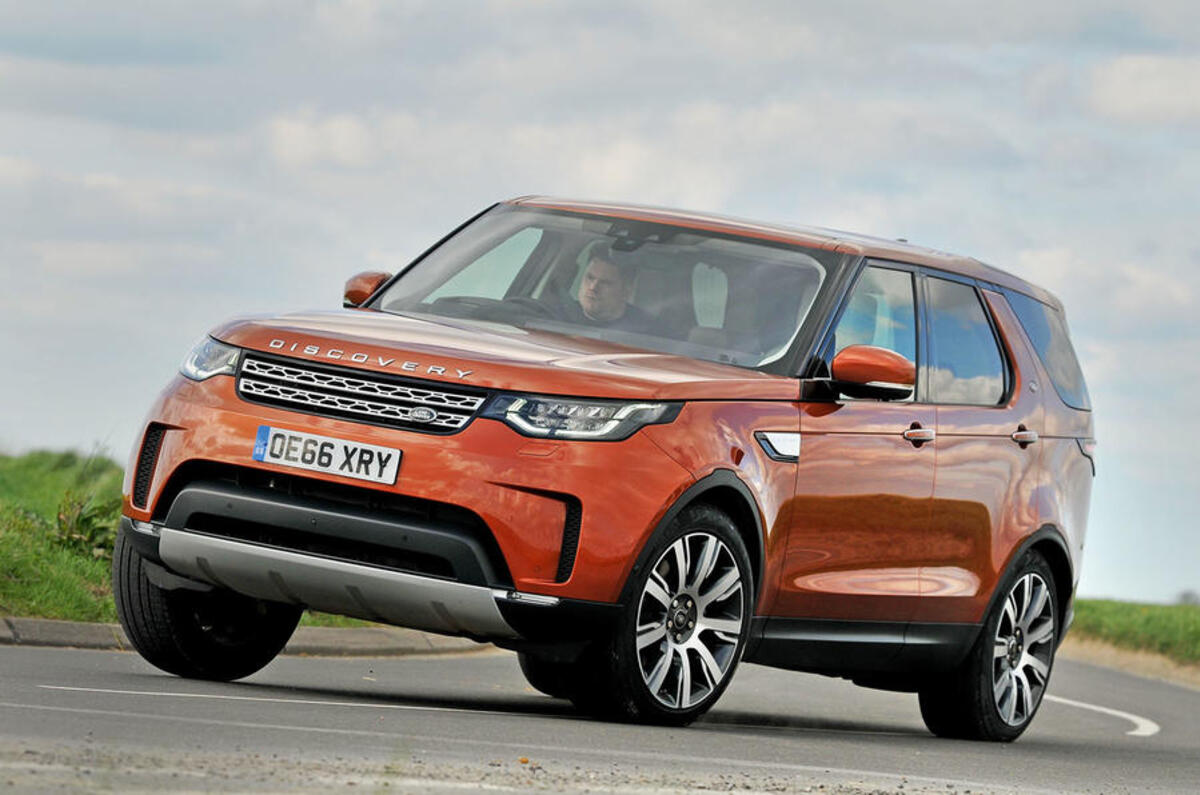Jaguar Land Rover will continue to invest in diesel technology as it ramps up plans to electrify its model line-up and develop a hydrogen fuel cell vehicle.
Product engineering boss Nick Rogers said, in light of the coronavirus pandemic: "We really believe that customers will be focused on being cleaner, safer and smarter than ever before. Electrification will become ever-more important, but potentially in a smart way.
"We really feel there's a real place - on long journeys - for our 'super-clean' diesels and our 'super-clean' gasolines. We believe that's a real, valid mode of transport."
Noting the sharp fall in oil prices during the pandemic, Rogers added: "We will continue to invest in clean diesels, as well as clean gasoline vehicles, BEVs and PHEVs to offer variety, because for a lot of people, the cleanest, most efficient way of transportation is still diesel or gasoline, and they can leverage doing that very efficiently."
Other manufacturers have largely spoken of their ambition to move away from combustion. Porsche recently removed all diesel powertrains from its line-up and parent company Volkswagen will begin development of its final combustion-powered vehicle in 2026.
But Rogers said there remains a place for diesel powertrains if they can be made more environmentally efficient. "If you can combine that with a PHEV, in normal or city usage, you can be completely clean and silent, as well, so you don't pollute the environment with noise." Currently, Jaguar Land Rover (JLR) offers just three models with a plug-in powertrain: the Range Rover, Evoque and Discovery Sport - all petrol powered.
Although many of today's diesel cars are equipped with mild-hybrid technology, it is only Mercedes that has plug-in diesel powertrains currently on sale. The firm's C300 de and E300 de pair a 2.0-litre four-cylinder diesel motor with a 13.5kWh lithium ion battery for an electric-only range of between 30 and 34 miles, while the newly launched GLE 350 de ups that range to 61.5 miles with a 31.2kWh battery pack.
JLR is advancing plans to transition to being a provider of mobility services in light of the pandemic. Rogers said that alongside making its powertrains more efficient, it is working to increase the use of recycled materials in its vehicles, improve the air quality in cabins and reduce 'the cognitive load' on drivers with assist functions like keyless entry.
The company is developing a hydrogen powertrain in partnership with Delta Motorsport, Marelli Automotive Systems and UKBIC. With funding from the government-backed Advanced Propulsion Centre, JLR is working on a fuel cell premium SUV prototype - codenamed Zeus - that will offer a long range, quick refill times, off-road capability and a large towing capacity.
Read more
Analysis: do hydrogen-powered cars have a future?
Land Rover launches Discovery Sport and Evoque plug-in hybrids








Join the debate
Add your comment
A diesel PHEV would work for me
Doesn’t seem to matter?
On my daily walk I see most of JLR's products on the roads , I probably see five or six, ok, they might all be local, but none the less people must like them even if they are all Deisel powered and not so reliable.
In 2032, I shall be buying a
In 2032, I shall be buying a Discovery/RRS/Velar with the TD6 or equivalent (probably TD4 PHEV by then) so that I can enjoy the imperious long-range power of such a car for as long as possible, deriving a little pleasure in passing the queues of EV 'pseudo-SUVs' struggling to compete for the still-limited number of charging stations on our roads. If a PHEV, I shall also be gently charging up the battery on my way to a city so that I can use battery power in the most urban areas.
Gerhard wrote:
You sir are like JLR a dinosaur